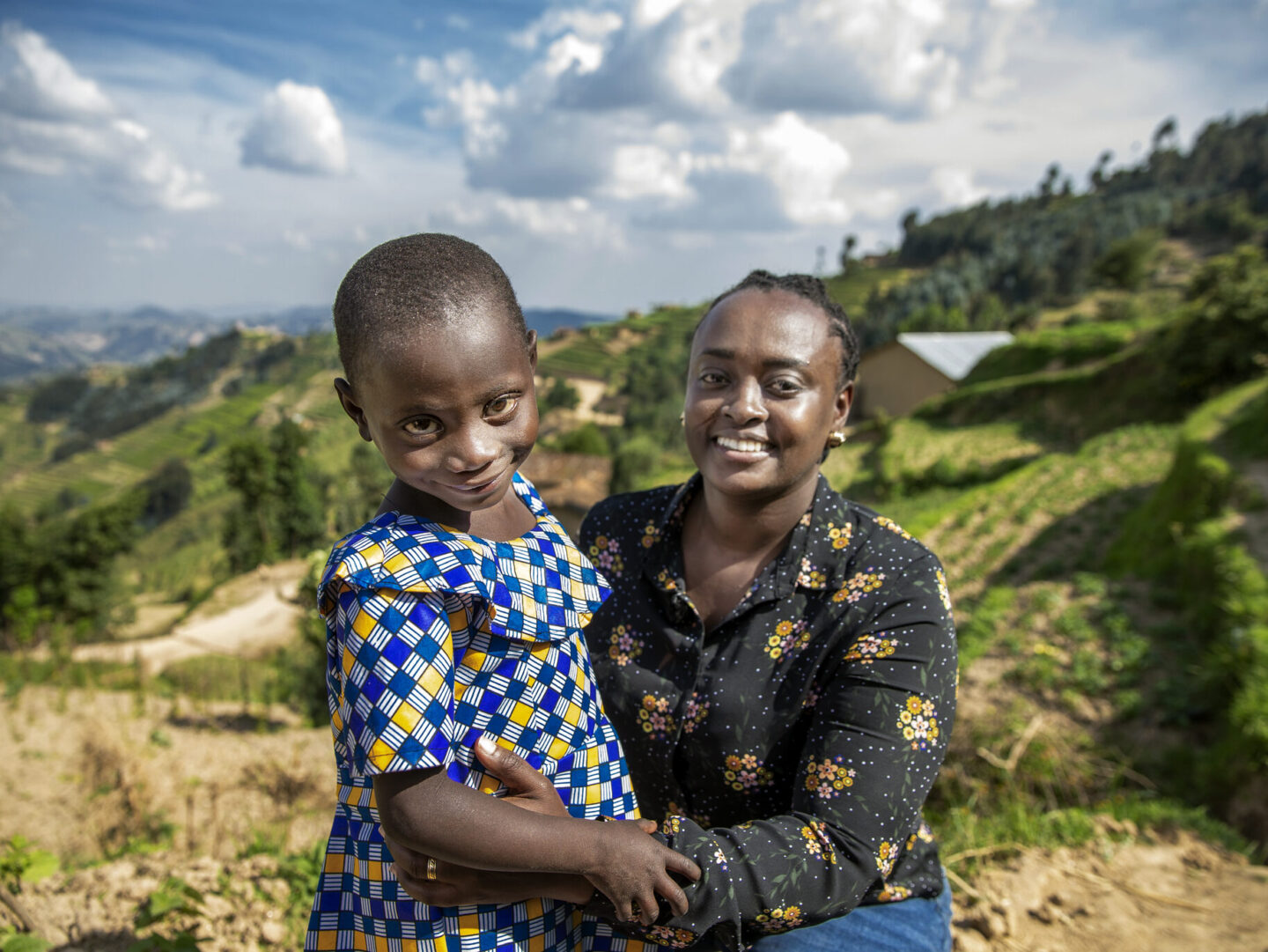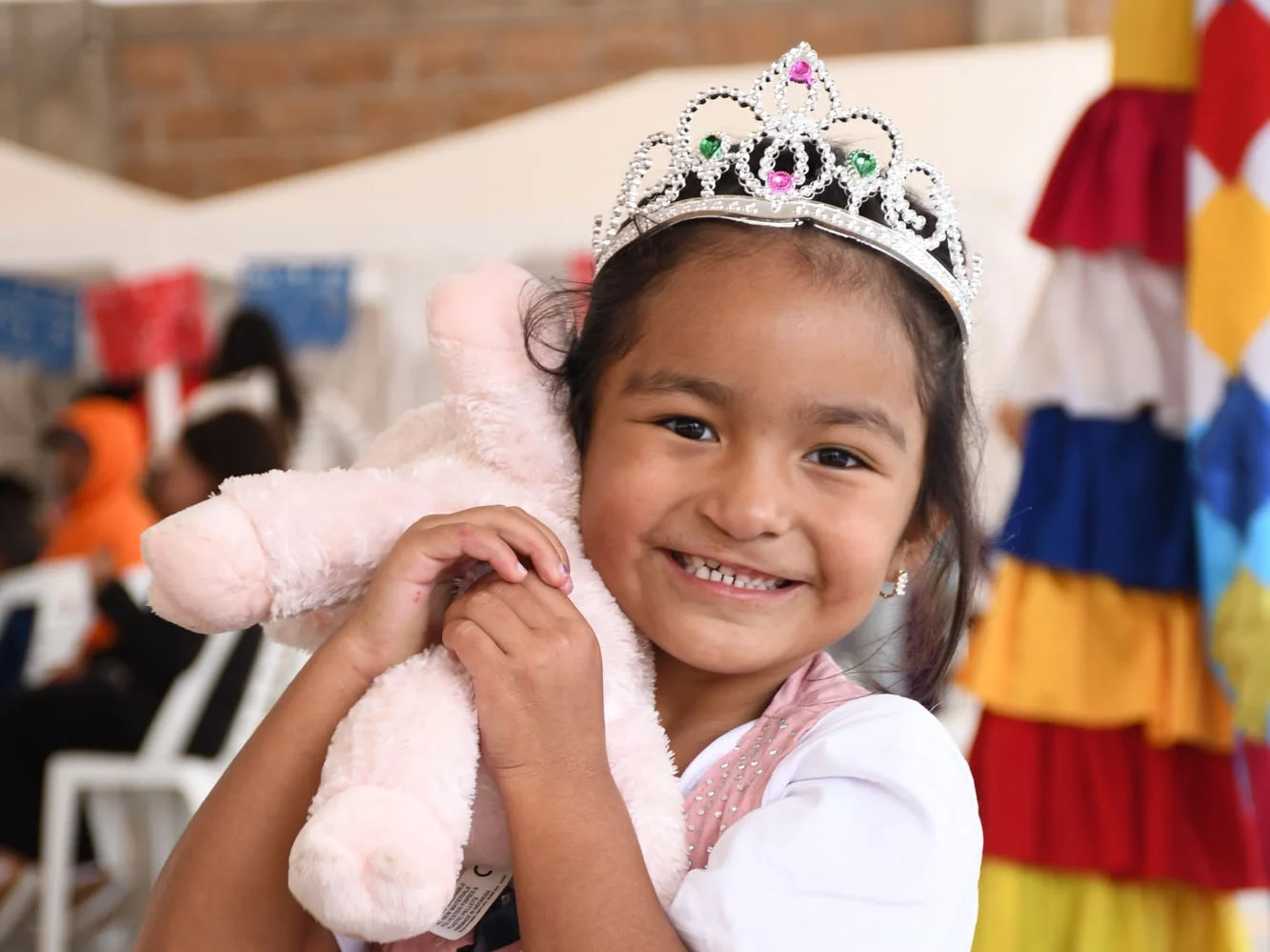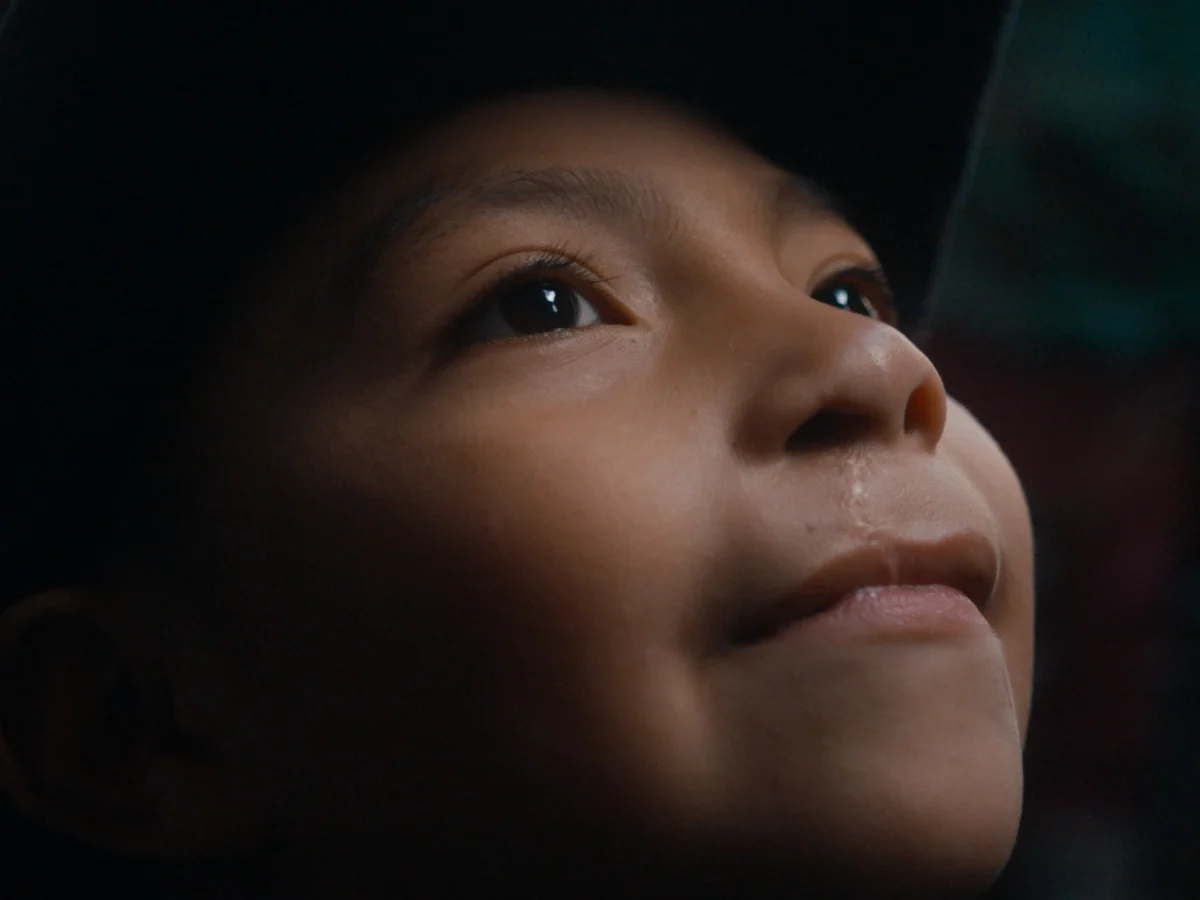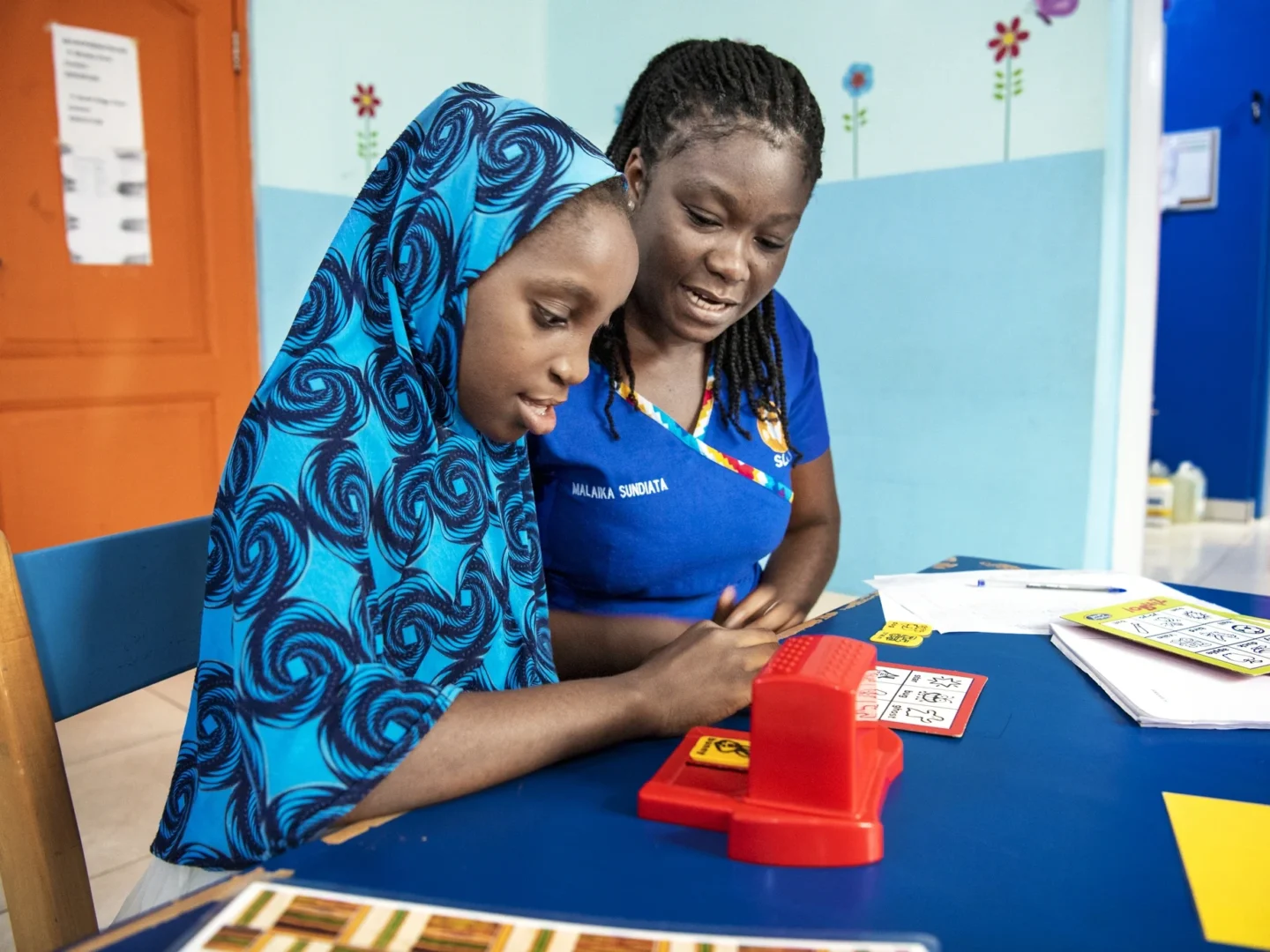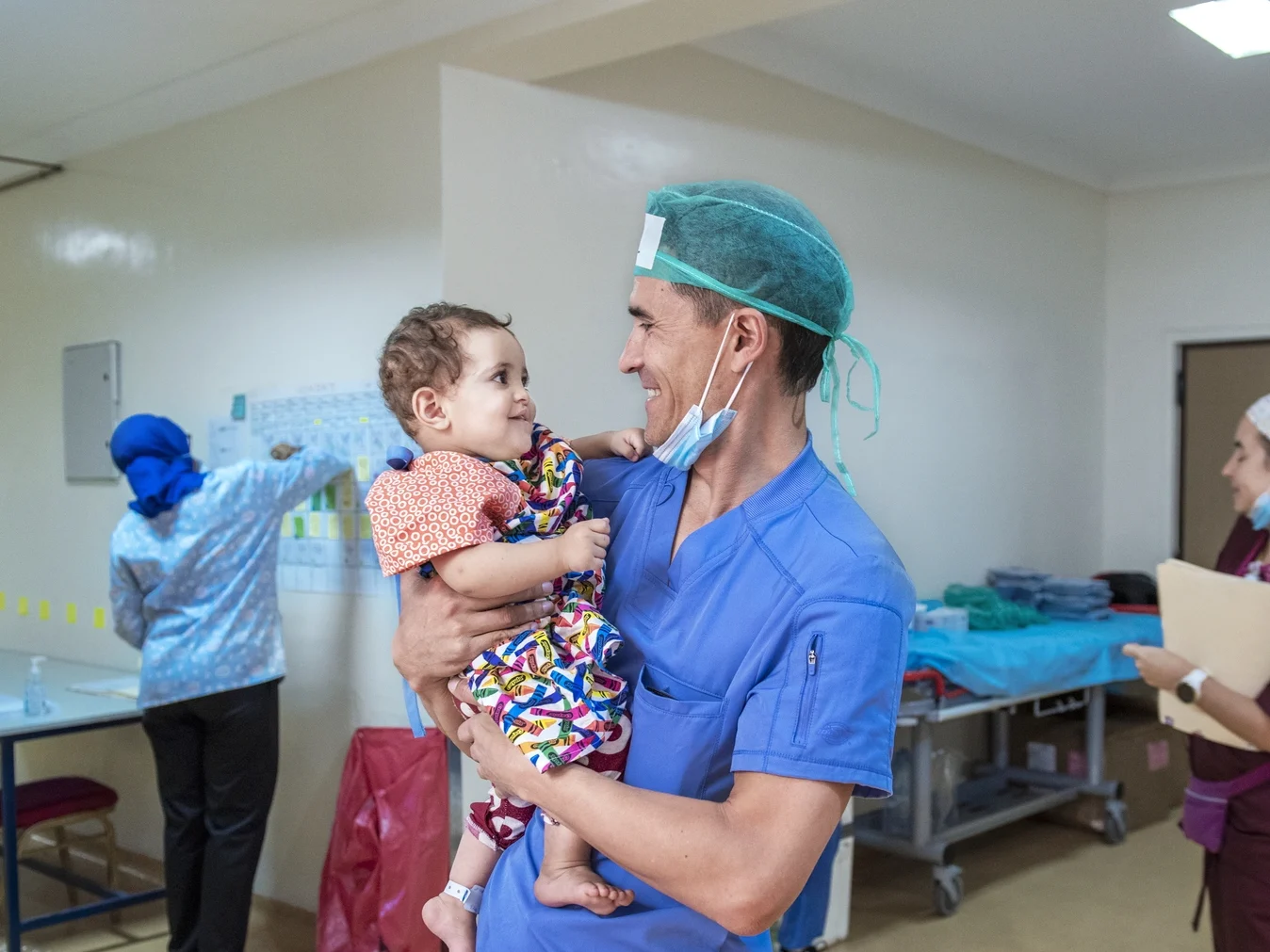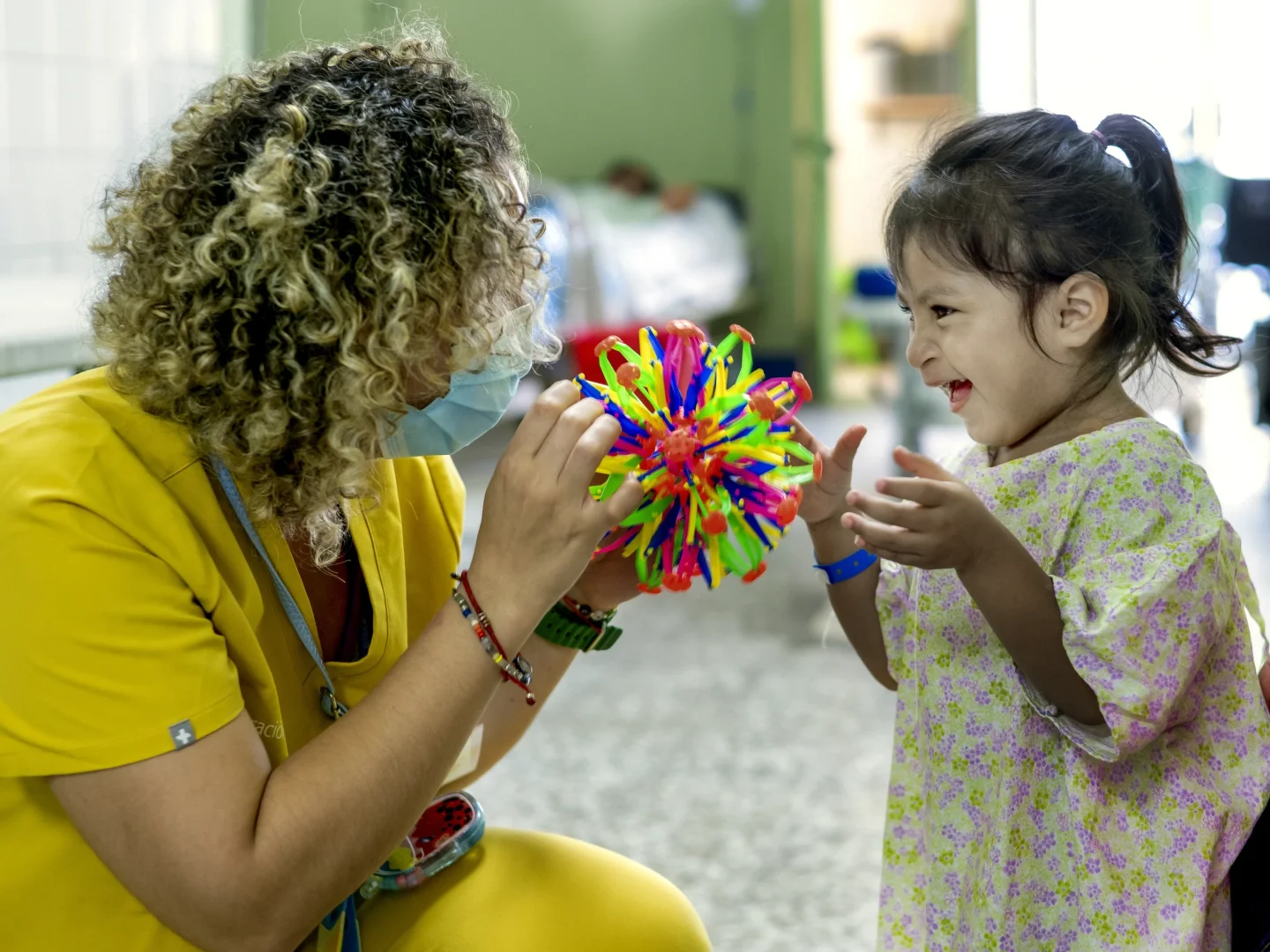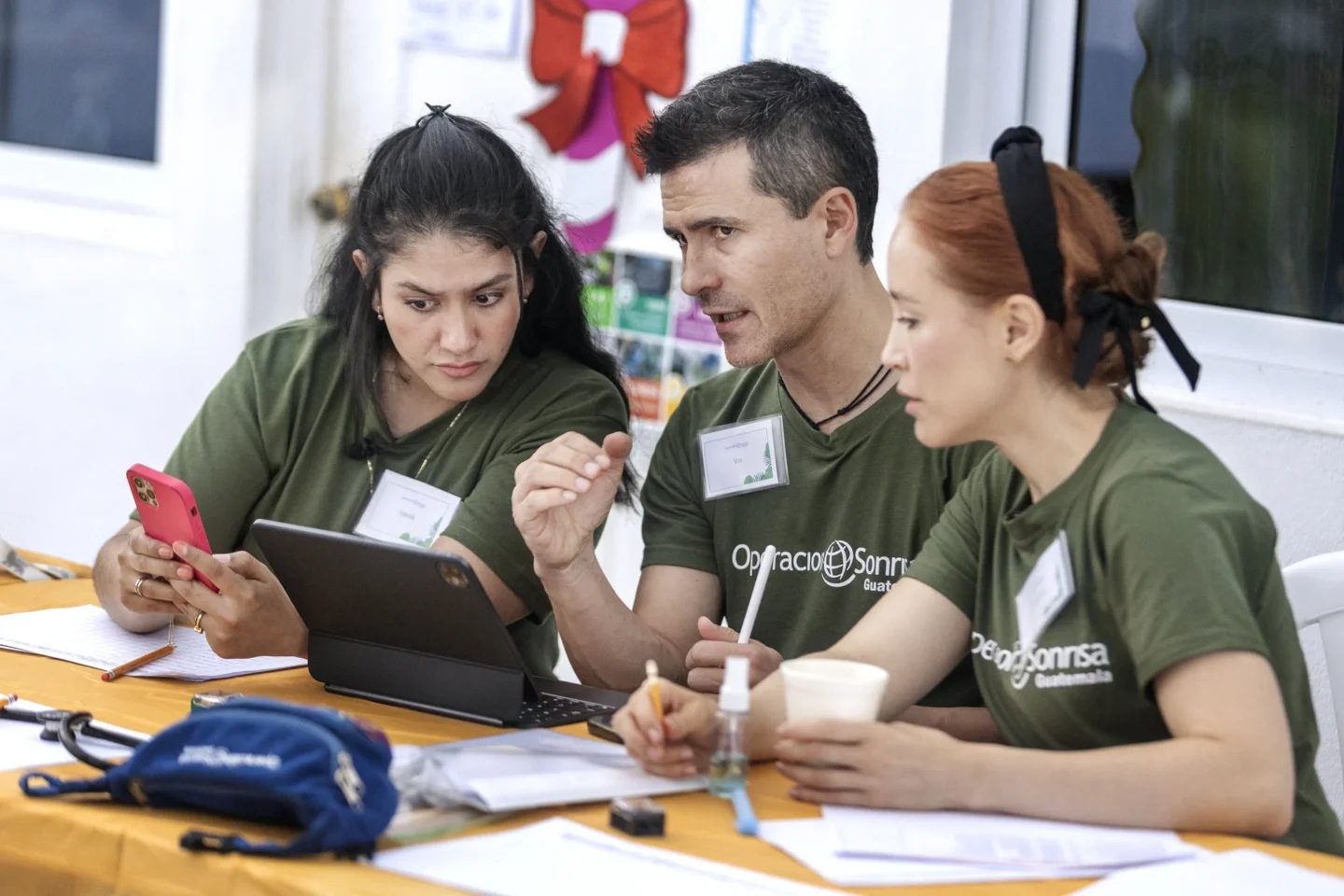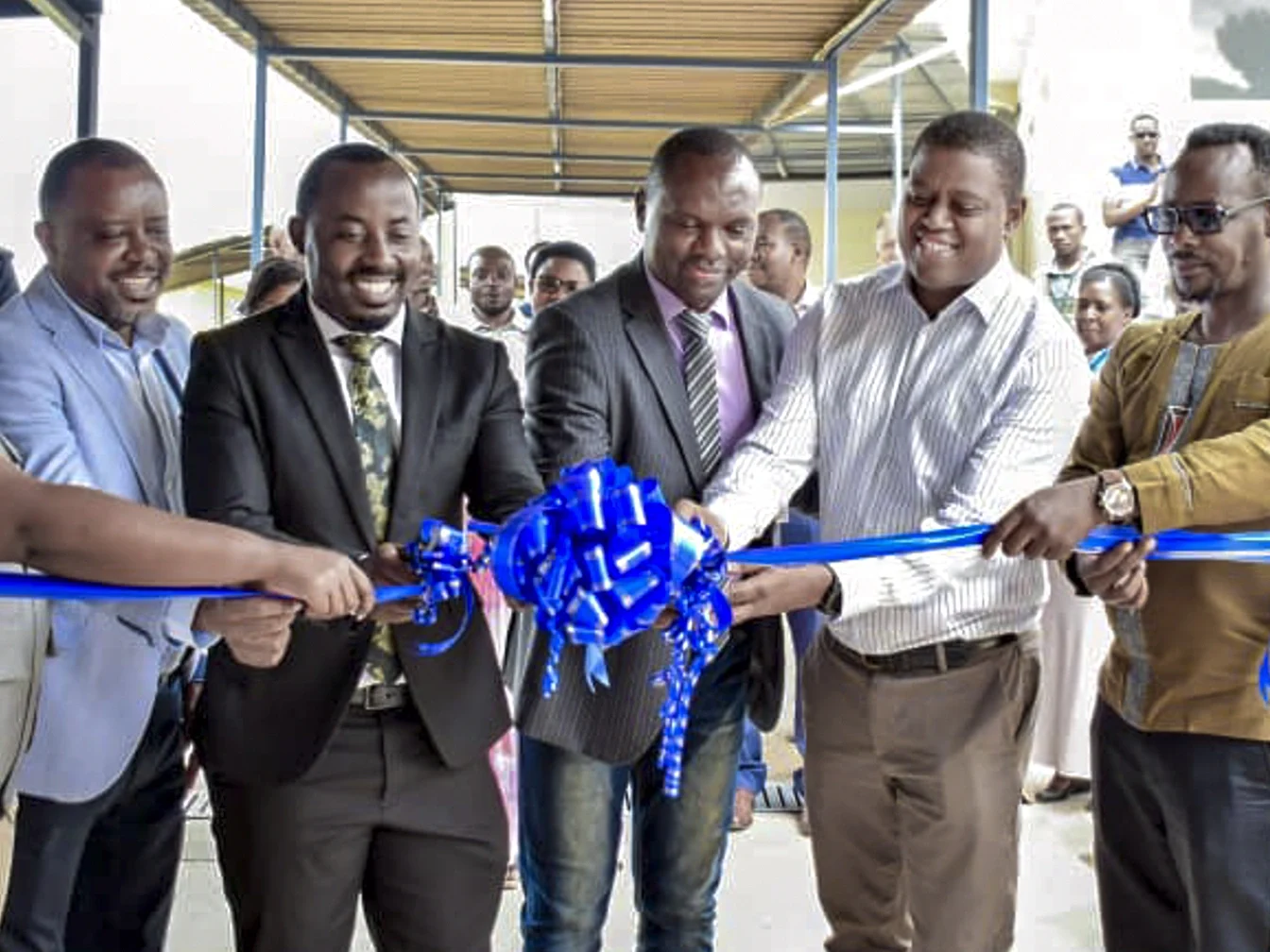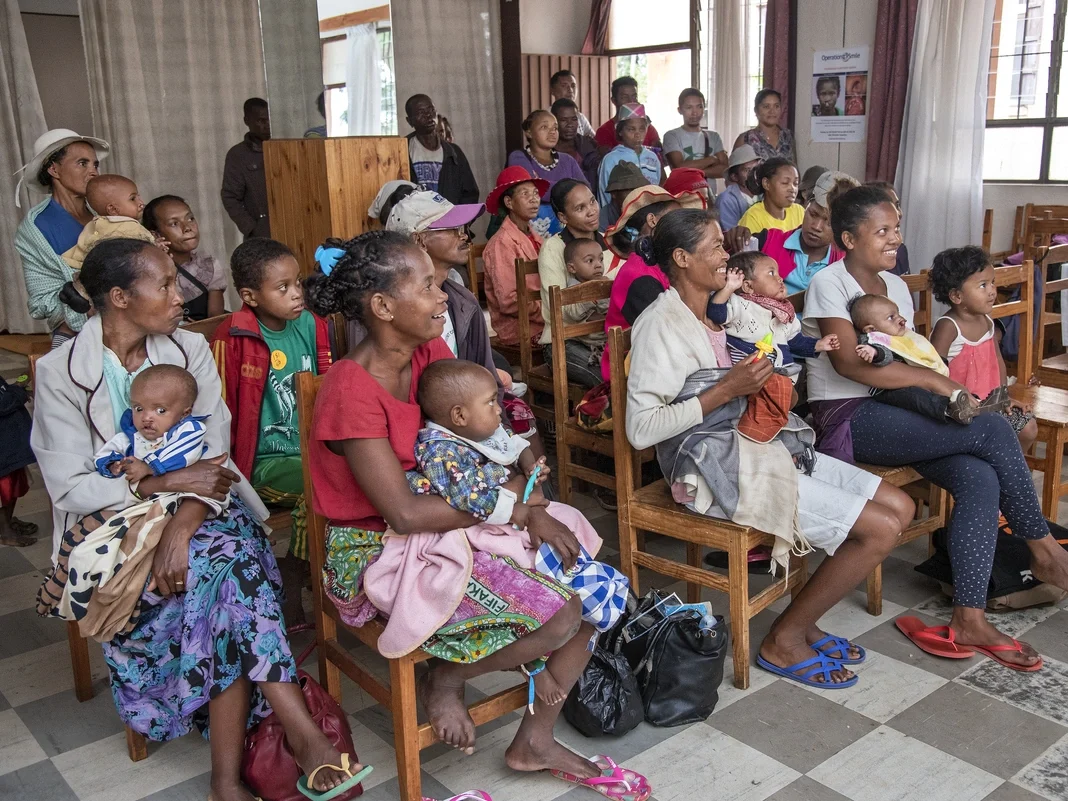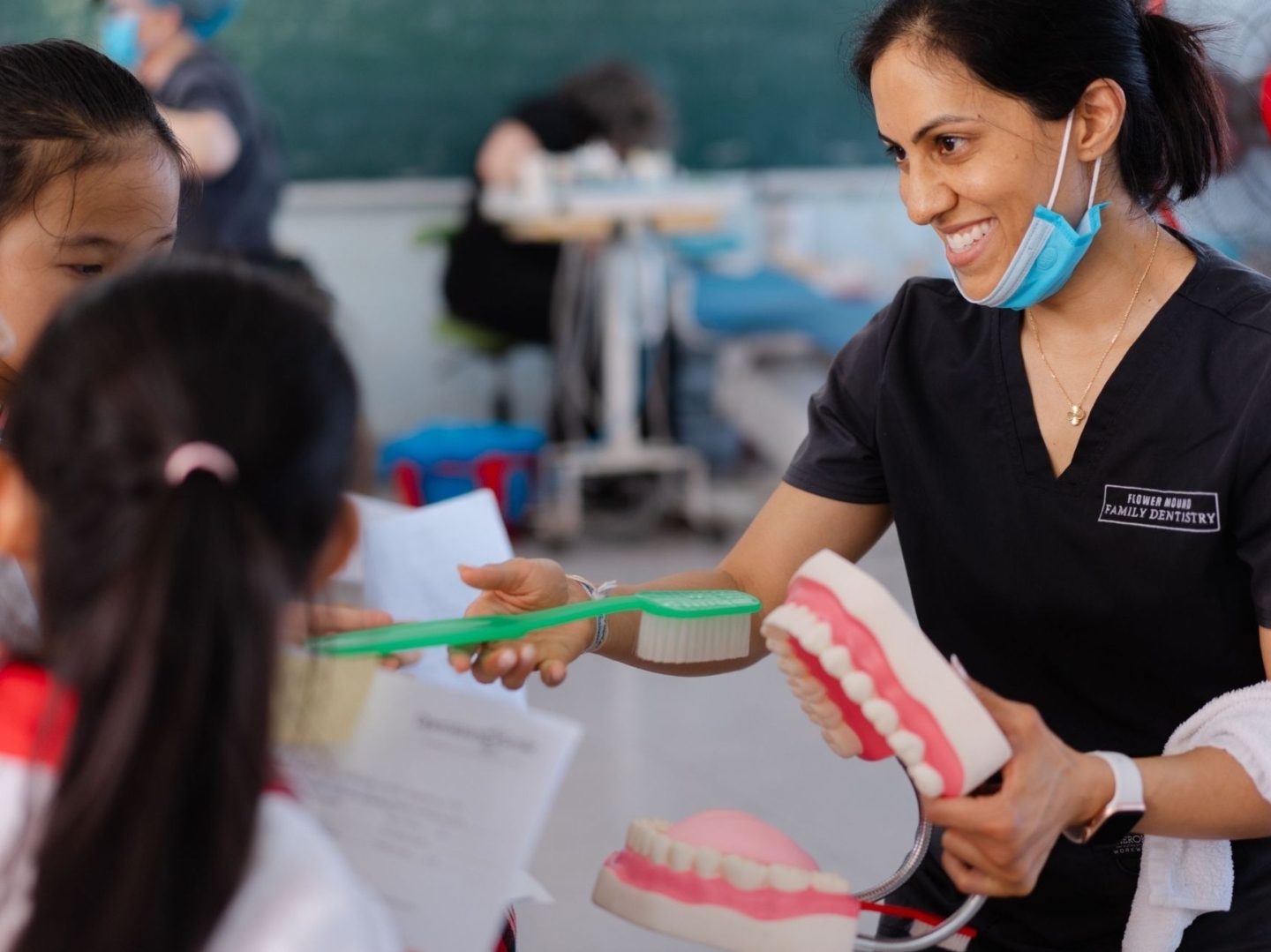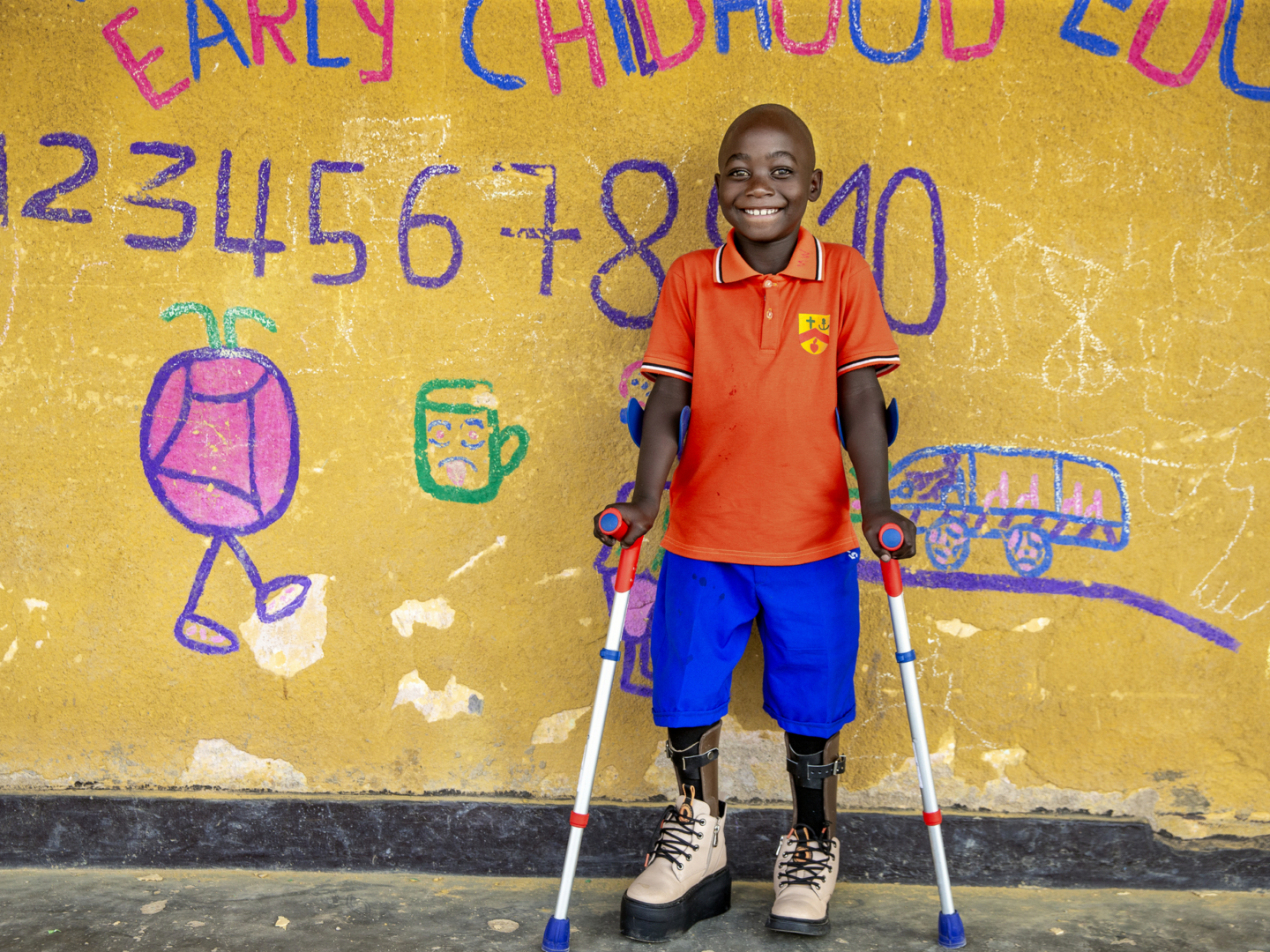Care Providers
Answering The Call
A Q&A with Cleft Surgeon Dr. Opoku Ampomah

Following Operation Smile’s first entrance into Ghana in 1989, devoted medical professionals like volunteer cleft surgeon Dr. Opoku Ampomah have championed the expansion and success of the nonprofit throughout the country.
“With my first patient with Operation Smile, I knew that this was something that was impactful to the families,” said Opoku, who has been involved with Operation Smile Ghana for 12 years.
Today, the organization operates in more than 35 countries and has established comprehensive care centers in areas where cleft care is needed year-round. At Operation Smile Ghana, Opoku serves as a board member, volunteer surgeon and medical director, actively seeking solutions to help increase access to care for Ghanaian patients.
“To see smiles on the faces of the parents, the kind of change that you see, and for some of our patients who’ve come back, you can see the transformation in their lives,” he said. “I think there’s no greater blessing than being a part of something like that. That’s why I keep going back.”
We sat down with Opoku during the recent International Cleft Conference in Edinburgh to discuss his history and future aspirations for Operation Smile Ghana as well as discover why he thinks his passion seems to have only deepened throughout the last 12 years.
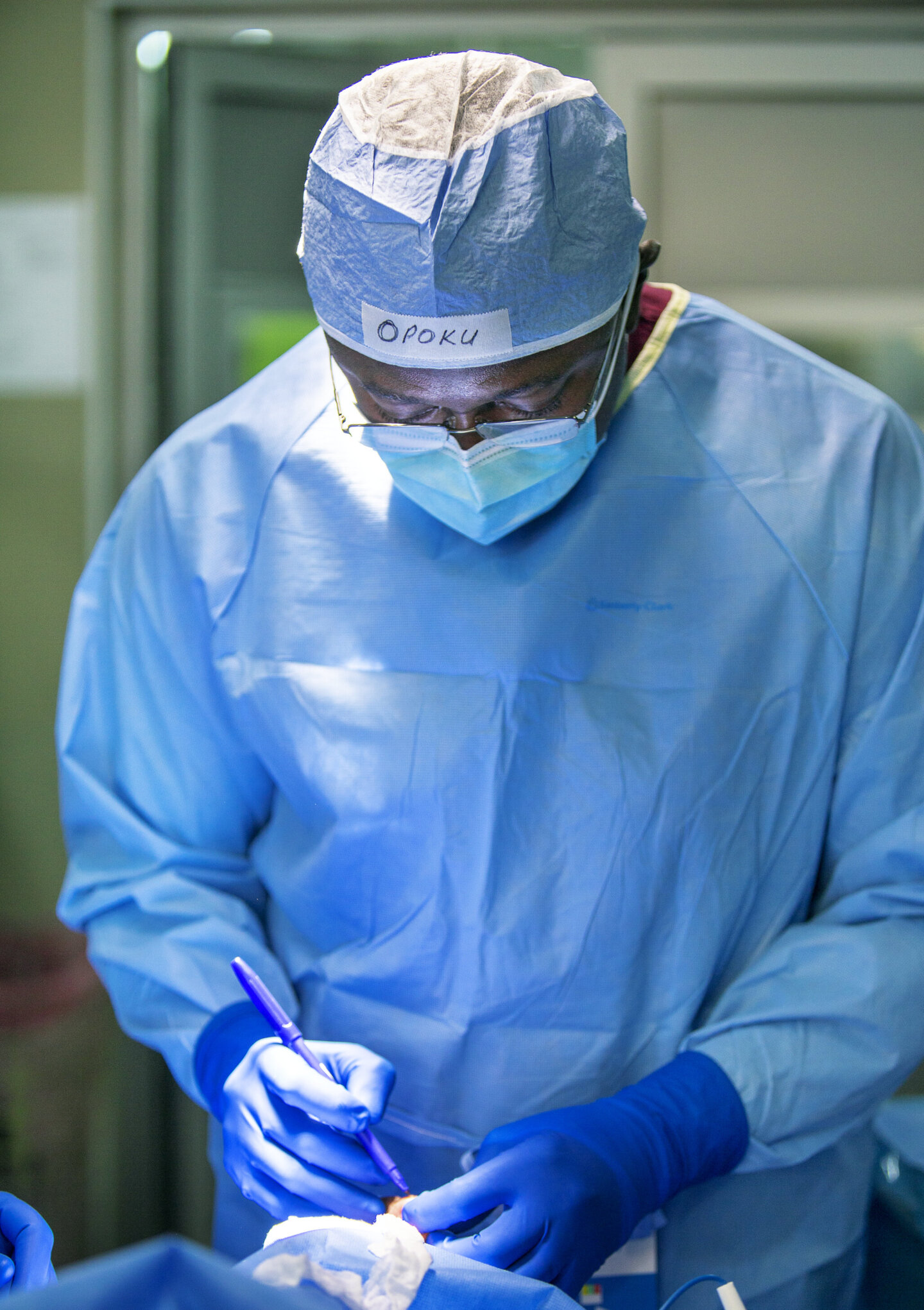
Q: How has Operation Smile prioritized building surgical capacity for Ghana at the local level?
A: “When I came on board, we used that avenue to try and build local capacity in terms of cleft care. Initially, I was the main surgeon for Ghana. Now, we have about five or six surgeons who have been trained through the Operation Smile system. It’s quite inspiring and has also benefited the country in terms of capacity building, training and the multidisciplinary approach to provision of cleft care. Now, we have regular nutrition clinics, orthodontics, dental and all the other aspects. We’ve tried to make sure that we give the best of care to the patients we come into contact with.
“We’ve also been able to build a local team involving nurses and all the other workers, including child life and other disciplines. We’ve transitioned from just about 10% of the volunteers were Ghanaians to a situation where over 70% of the volunteers are local people. That’s how much capacity we’ve built. The Ghanaian volunteers are now a resource Operation Smile can count on.
“Also, we’re looking to have patients channeled through our partnership with the Korle Bu Teaching Hospital. Through that, we hope to consistently deliver increased numbers of cleft surgery and cleft care. We’re deploying a multiplicity of approaches to make sure we’re meeting the needs of our patients.”
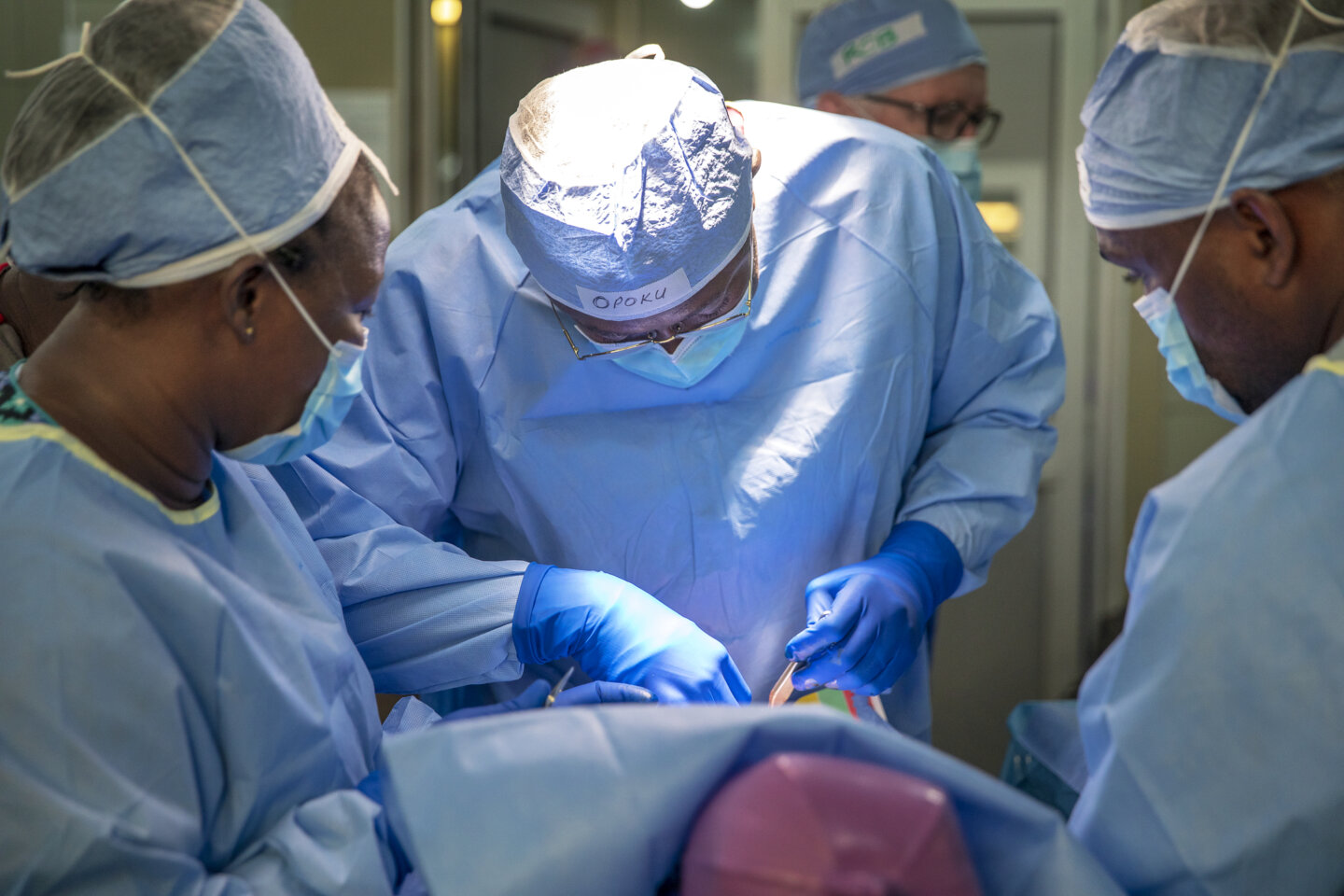
Q: From an educational perspective, what are the biggest barriers that medical students in Ghana can face?
A: “We have about six medical schools in Ghana. But Ghana has a population of around 32 million. The total capacity of those medical schools is no more than 300, I would say. They’re quite competitive to get into. Two of those medical schools are private which introduces a huge financial barrier for new students. For public universities, there are also certain financial costs. That’s the first hurdle, the second hurdle is that training in medicine takes a lot of resources for people to be able to attend these institutions.
“At the moment, the number of active plastic surgeons working in Ghana is just about 17. When I started practicing, there were about five. We’ve been able to triple the number, but we still need a lot more if we are to deal with the other issues. It’s a field that’s still open to have more people get engaged. I think it’s a question of interest. It’s also a question of being ready to go the long haul.”
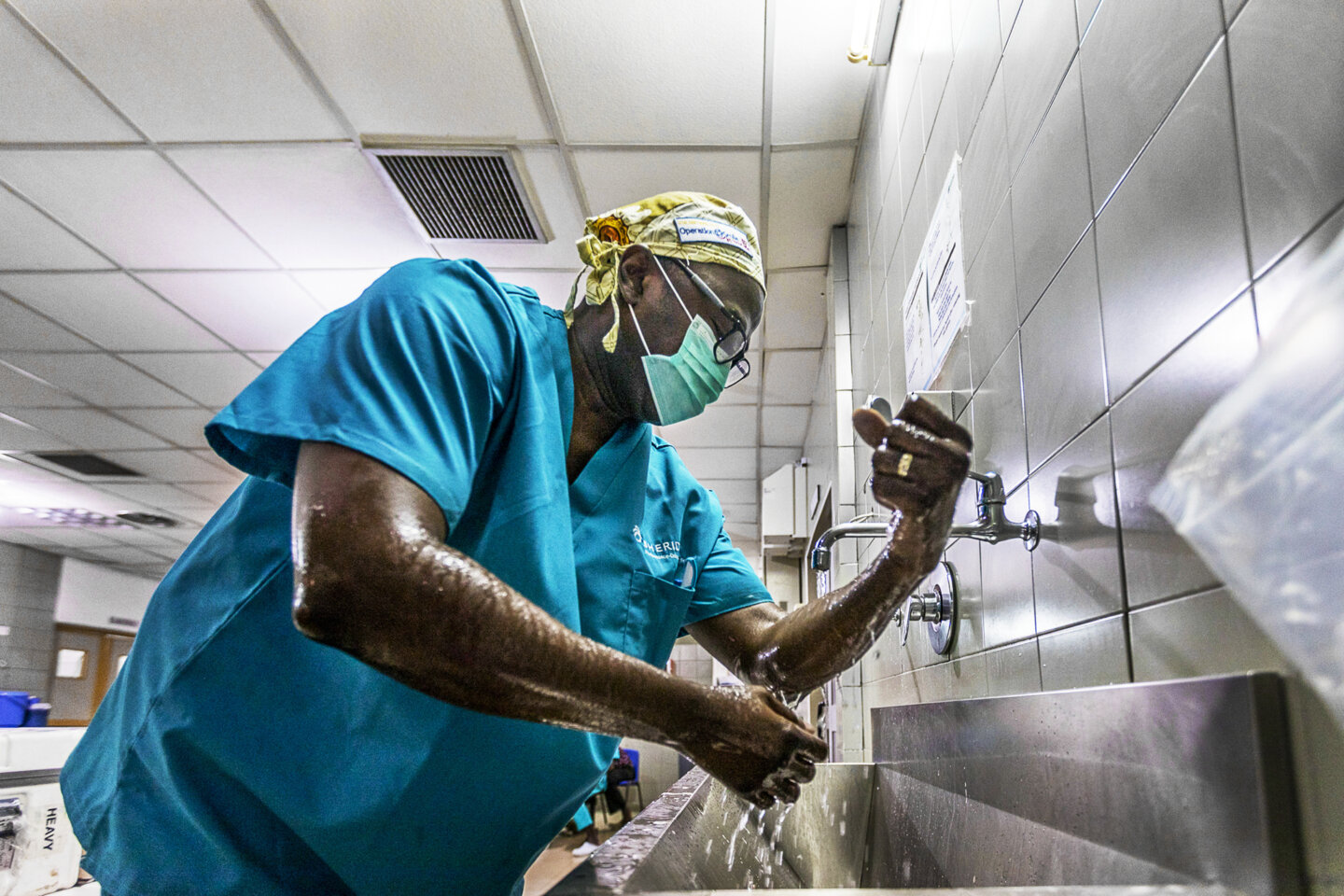
Q: In terms of training within the Operation Smile programs, what do you think is the biggest achievement?
A: “I think with Operation Smile, we’ve achieved a lot in the area of training, and this cuts across all the different disciplines. What we’ve also done during surgical programs is start a training program where one table was dedicated to training surgeons who were interested in developing their skills in cleft surgery. For every surgical program, they went through the training process, credentialing process, and now that we have about five surgeons and working on getting some more, it has immediately improved our output.
“We’ve also had training for nurses, both pre- and post-operative and post-anesthesia care unit. Speech therapy is also one that is ongoing. In fact, through Operation Smile, we want a big grant to be able to improve speech training in Ghana. So they’re working with the university and with the teaching hospital to improve the quality of teaching, improve the faculty, and to support the graduates from the speech training programs in Ghana.
“All around, there’s a lot of work that’s gone into training local practitioners to provide high-quality care. We’re appreciative to Operation Smile for their collaboration and the support that has enabled us to get to this point. Also, a lot of these patients were people who, given the kind of conditions that existed at the time, wouldn’t have been able to access care because there was a huge financial gap between patient and health care. But Operation Smile found a way of rallying all these people from around the country and bringing them together.”
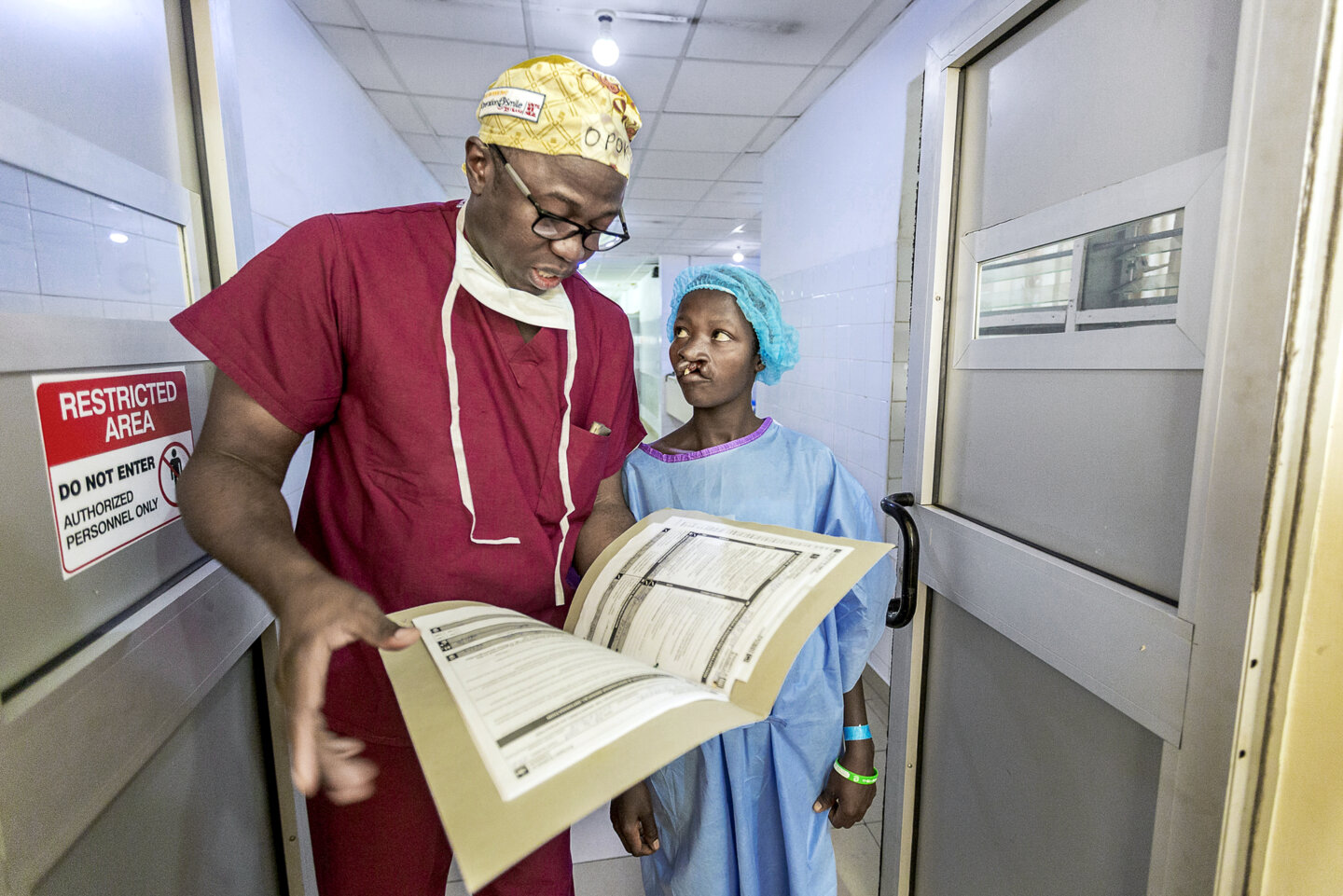
Q: In all your years working with Operation Smile, what’s an achievement or a moment that makes you most proud to be a part of this organization?
A: “It’s very difficult to choose because there have been many. I’ve had proud moments with Operation Smile both in Ghana and outside of Ghana. I think it’s a blessing to be able to work together with a team of people from all over the world who are united around one purpose: Make life better for people who are born with this condition that they didn’t choose.
“To see smiles on the faces of the parents, the kind of change that you see, and for some of our patients who’ve come back, you can see the transformation in their lives, and it’s like giving them a new lease on life. I think there’s no greater blessing than being a part of something like that.
“That’s why I keep going back to our programs. I keep volunteering and offering my support to the growth and development of Operation Smile in Ghana and around the world. I think I would just say that it’s a privilege. I’m grateful to the founders of Operation Smile, the whole Operation Smile family, the team at headquarters, and the local team as well for all the hard work they do behind the scenes to make sure everything works smoothly so that we’re able to offer our little contribution when we are called upon to do so.”
